
OR
#Editorial
ISPs must settle tax liabilities, ensure uninterrupted internet services
Published On: May 4, 2024 07:30 AM NPT By: Republica | @RepublicaNepal

It is absolutely unacceptable for the subscribers to bear the brunt of the failure of ISPs to settle their tax liabilities.
In the digital age, access to the Internet is not just a luxury but a necessity. From education to commerce, healthcare to communication, the internet underpins nearly every aspect of modern life. So when disruptions in internet services occur, as witnessed on Thursday in Nepal, it's not merely an inconvenience but a significant setback with far-reaching consequences. The disturbance in internet services experienced by Nepali citizens on Thursday underscores a pressing issue: the unresolved dispute between the government and Internet Service Providers (ISPs) regarding the payment of outstanding charges. As a result of this deadlock, Nepali ISPs have failed to settle their dues with Indian bandwidth providers, leading to disruptions in services so vital to millions of people. It is absolutely unacceptable for the subscribers to bear the brunt of the dispute, facing unnecessary hassles due to the failure of ISPs to settle their tax liabilities.
At the heart of this issue lies the disagreement over tax liabilities and charges for non-telecommunication services. While the government insists on the clearance of backlog payments for services beyond traditional telecommunication, ISPs argue that such charges are unjustified and against the law. This dispute has lingered for years, resulting in a stalemate that now threatens the smooth functioning of Internet services in the country. The government's stance is not without merit. Citing Section 30 of the Telecommunications Act, 2053 BS, and Rule 26 of the Telecommunications Regulations, 2054 BS, the Ministry of Information and Communication Technology (MoCIT) in a statement on Thursday emphasized the obligation for ISPs to charge fees in advance from customers for services within the country. These fees include contributions to the Rural Development Fund and annual royalties to the government. According to Rule 26 of Telecommunication Regulations, the failure to comply with these payment regulations can result in penalties, including monthly billing for outstanding amounts. The MoCIT clarified that annual gross income, as defined by the regulations, excludes revenue from customer payments, service tax, value-added tax, and other indirect taxes. As a newspaper, we believe that it is essential to ensure that all businesses, including ISPs, fulfill their tax obligations and financial responsibilities. Of the total of 122 ISPs and 23 network service providers registered with NTA, only a few have failed to settle their dues. Clearly, the tax liability should not be an exception to these ISPs failing to settle their tax liabilities. The settlement of the tax liabilities of the ISPs will pave the way for them to secure a letter from the MoCIT requesting Nepal Rastra Bank to expedite release of necessary foreign currency to settle their dues to Indian vendors.
It is seen that the complexity of the situation is also compounded by conflicting directives from various governmental bodies. While parliament’s Public Accounts Committee previously recommended exemptions for ISPs from certain taxes, the Nepal Telecommunication Authority (NTA), following the committee's intervention, wrote to the Inland Revenue Department requesting ISPs not be subject to telecommunication charges for non-telecommunication services. But the Office of the Auditor General's annual report urged the government to recover dues under this heading. This conflicting guidance seems to have only added to the confusion and uncertainty surrounding the issue. Amidst this bureaucratic quagmire, it is the Nepali people who suffer. Businesses reliant on stable Internet connections face disruptions in operations, students encounter obstacles in accessing online education resources, and individuals find themselves cut off from essential services and communication channels. Such disruptions not only hamper daily life but also impede the country's progress towards digitalization and economic development.
The solution to this impasse lies in a concerted effort from all stakeholders. The ISPs must acknowledge their tax liabilities and take proactive steps to settle outstanding dues with Indian bandwidth providers. Simultaneously, the government must provide clear and consistent guidance on tax policies and collaborate with the ISPs to facilitate the resolution of this issue. Furthermore, regulatory bodies such as the NTA play a crucial role in mediating between ISPs and government agencies, ensuring a fair and equitable resolution that prioritizes the interests of the public. Additionally, international cooperation and communication are vital in resolving disputes involving foreign vendors. Nepali ISPs, which rely heavily on international partners like Airtel, must maintain open lines of communication and work towards amicable solutions that uphold the interests of both parties. Both ISPs and the government must prioritize the uninterrupted provision of internet services, recognizing the critical role it plays in the lives of millions of people across the country.
You May Like This
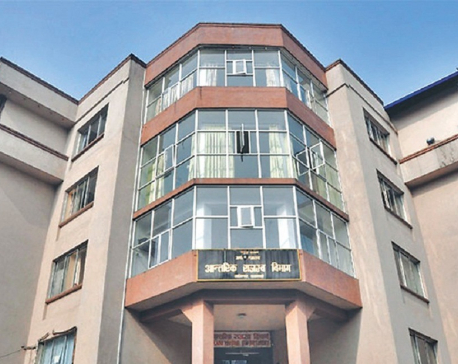
Govt introduces a number of waivers and relief measures for taxpayers late on filing returns
KATHMANDU, Aug 16: The government has introduced a number of waivers, exemptions and reliefs on income tax, fines and interests accrued... Read More...


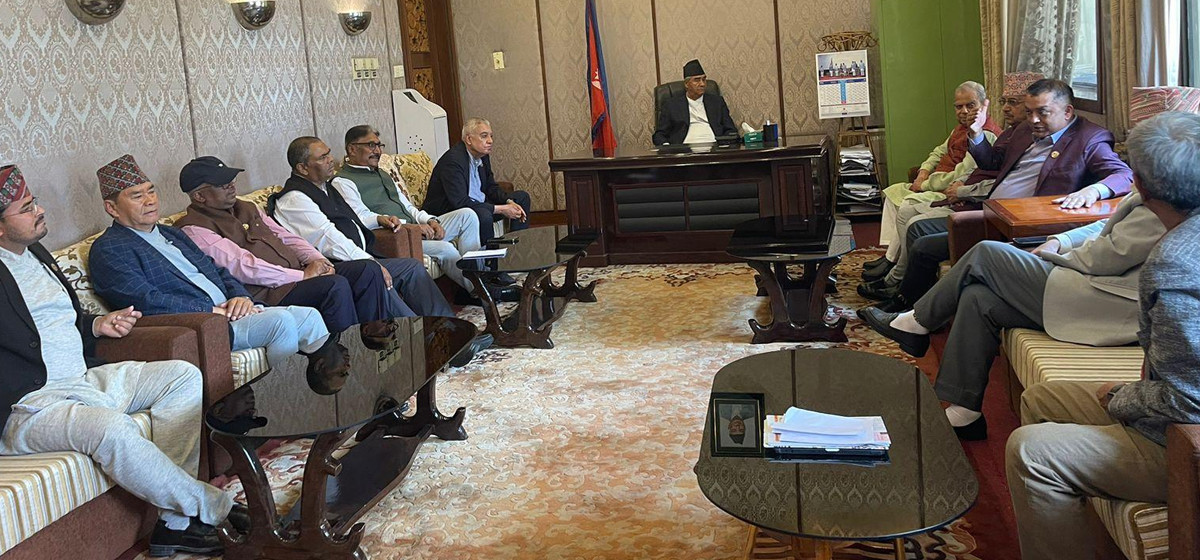
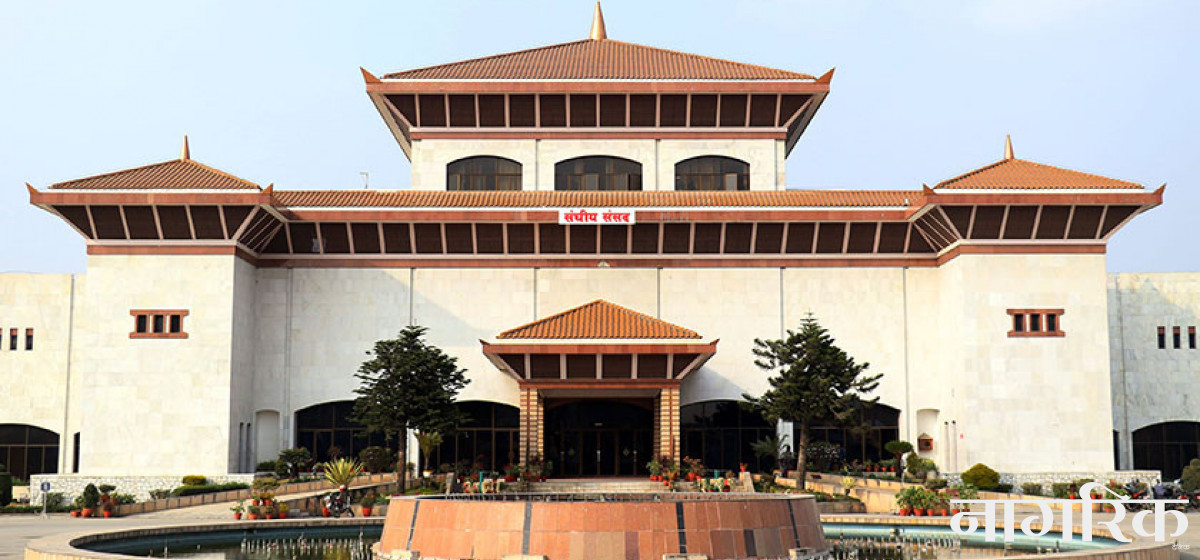
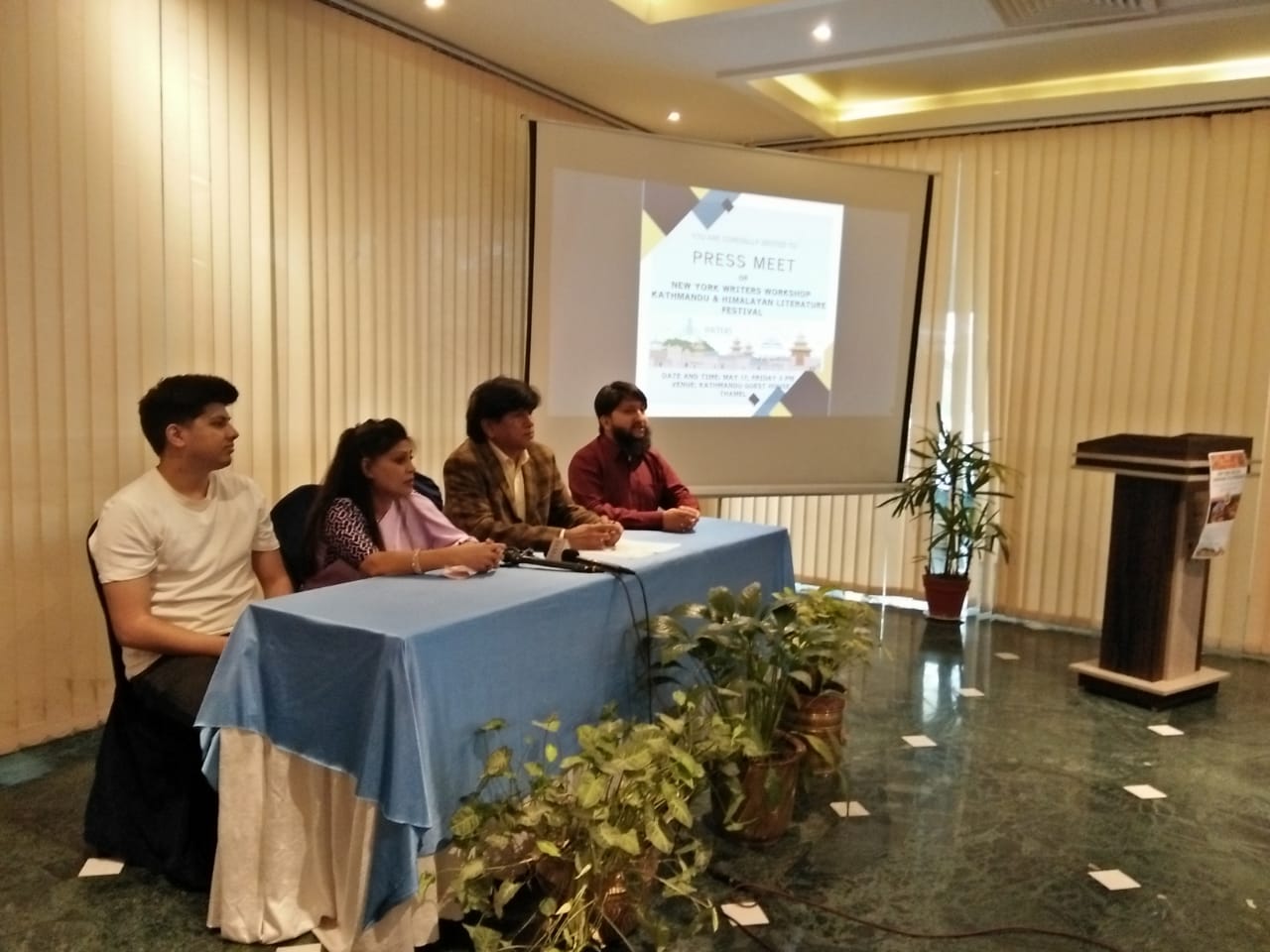
Just In
- Nepal to accept 13 million Euro received in grant assistance from Finland
- Nepal Army brings bodies of two climbers from Mount Everest and Lhotse to Kathmandu
- First group of Peace Corps Response Volunteers in Nepal sworn in
- BRCRN organizes fun quiz to mark the International Biodiversity Day 2024
- Upaya successfully closes its Quarterback fundraising cycle
- New York Writers Workshop and Himalayan Literature Festival to be organized in Kathmandu from May 23
- Govt decision to withdraw Bill to Amend Political Parties Act fuels suspicions of potential party splits
- Lendanda tunnel of Kathmandu-Madhesh Expressway makes a breakthrough





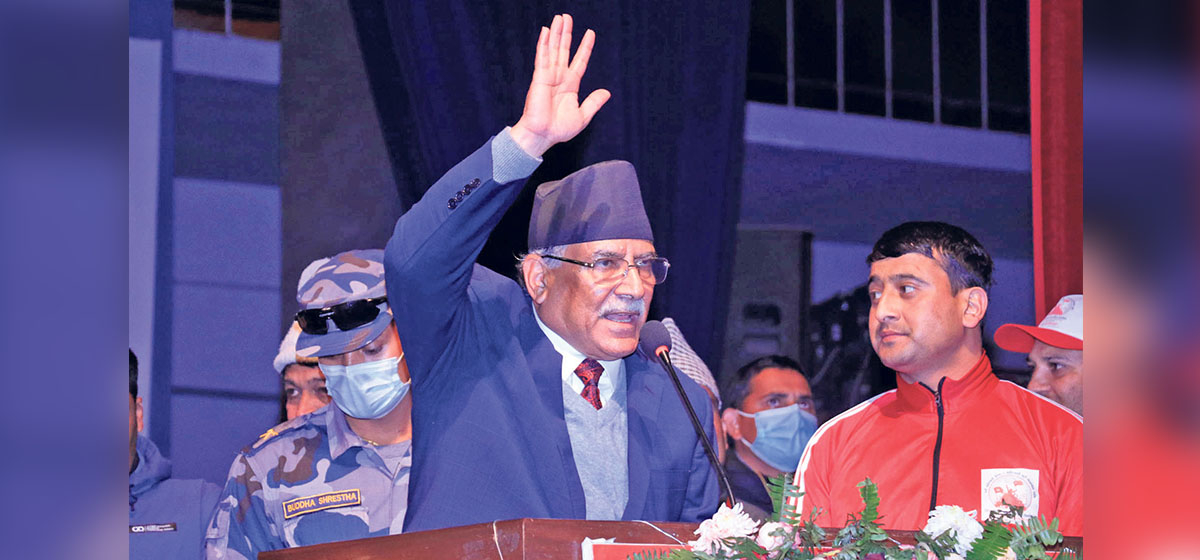
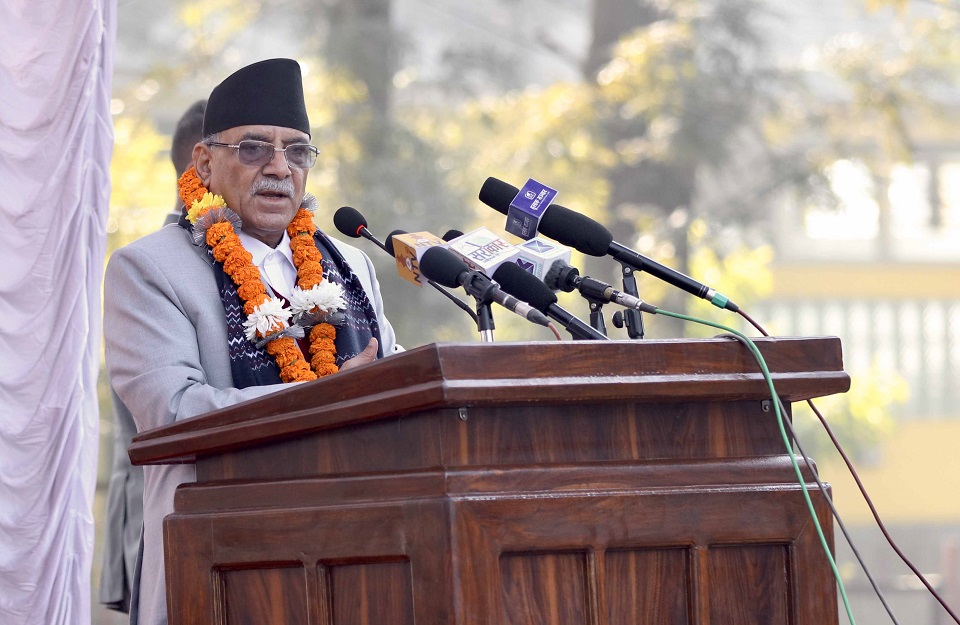





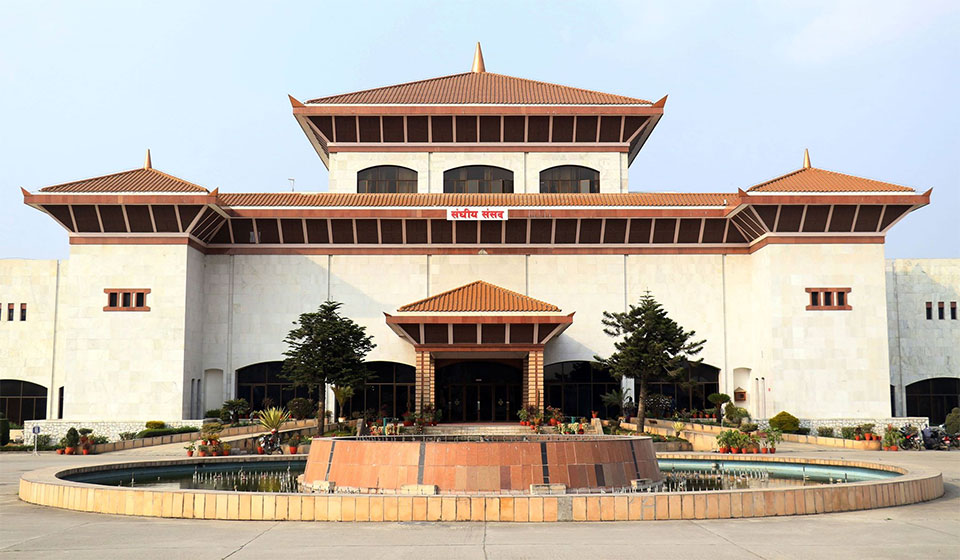

Leave A Comment